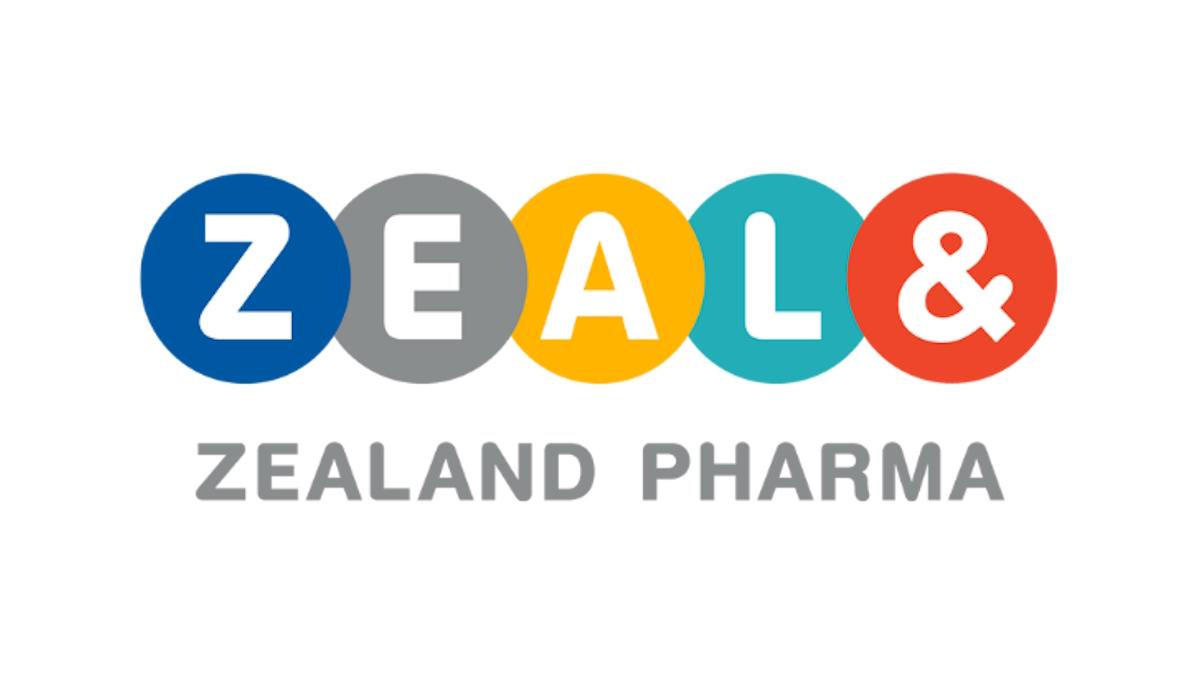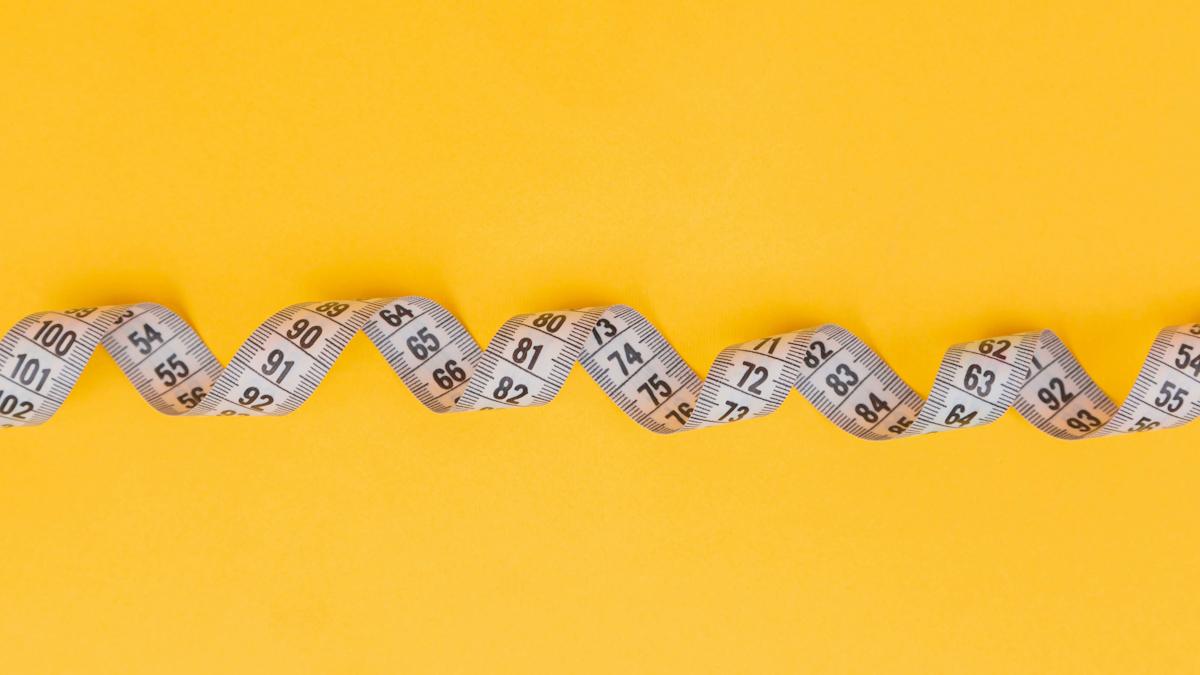FDA knocks back Zealand's dasiglucagon once again

Zealand Pharma has suffered another setback in its bid to bring glucagon receptor agonist dasiglucagon for ultra-rare disease congenital hyperinsulinism (CHI) to the US market.
For the second time in less than a year, the FDA has issued a complete response letter to the company, citing the need for data on a third-party manufacturing site that had failed an earlier inspection by the agency.
The company said the second CRL was due to the timing of a reinspection of the facility, which was completed a few weeks ago, but not processed in time for the FDA's review deadline for the application. The earlier deficiencies – which did not involve dasiglucagon – were resolved as of the reinspection, it added.
Zealand is trying to secure approval of dasiglucagon for the prevention and treatment of hypoglycaemia in paediatric patients seven days of age and older with CHI for up to three weeks of dosing.
The company is also seeking approval for the drug beyond three weeks in CHI, and the FDA has also sought additional continuous glucose monitoring (CGM) information from Zealand's phase 3 trials that it reckons it will be able to file before the end of the year.
In CHI, the beta cells in the pancreas do not function properly and secrete too much insulin, leading to frequent, recurrent, and often severe episodes of hypoglycaemia. It mainly affects infants and children – putting them at risk of seizures, brain damage, and death – and, according to Zealand, is diagnosed in between 180 and 300 newborns each year in the US and Europe.
Glucagon is a recognised therapy for the disorder, but to date no formulations of the drug have been approved by the FDA.
Older injectable formulations need to be prepared in a multi-step mixing and reconstitution process, but dasiglucagon is given by pen injector and is a fast-acting water-soluble analogue, with trials showing that a single dose can restore normal glucose levels in the blood within 10-15 minutes.
Another drugs that may be used off-label for GHI include Xeris' Gvoke brand of glucagon in pre-filled syringe and pen injector formulations, which was approved in 2019 as a hypoglycaemia rescue therapy for diabetics. Eli Lilly's nasal spray Baqsimi was also approved in 2019 for a similar indication.
"We at Zealand Pharma are acutely aware of the significant unmet medical need for newborns and children with congenital hyperinsulinism who have either no or very limited treatment options today," said David Kendall, the Danish company's chief medical officer.
"We are committed to working with the FDA and our third-party manufacturing partner to bring dasiglucagon to patients living with this devastating disease in the months ahead."
Survodutide advances for MASH
In more positive news for Zealand, its Boehringer Ingelheim-partnered dual glucagon/GLP-1 receptor agonist survodutide has been awarded breakthrough status by the FDA for the treatment of adults with non-cirrhotic metabolic dysfunction-associated steatohepatitis (MASH) and moderate or advanced fibrosis, based on promising phase 2 data.
Boehringer has also started a pair of phase 3 MASH trials of the drug, which is already in late-stage development for obesity. The two studies are LIVERAGE in adults with MASH and moderate or advanced fibrosis, and LIVERAGE-Cirrhosis in those with MASH and cirrhosis.












